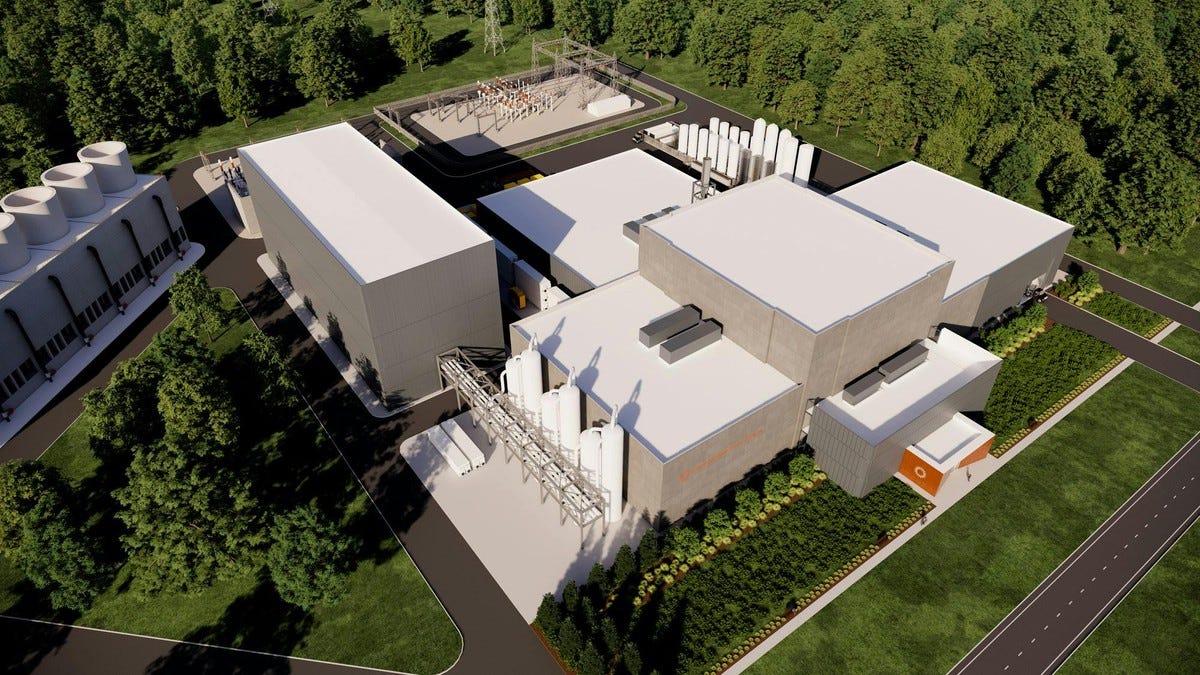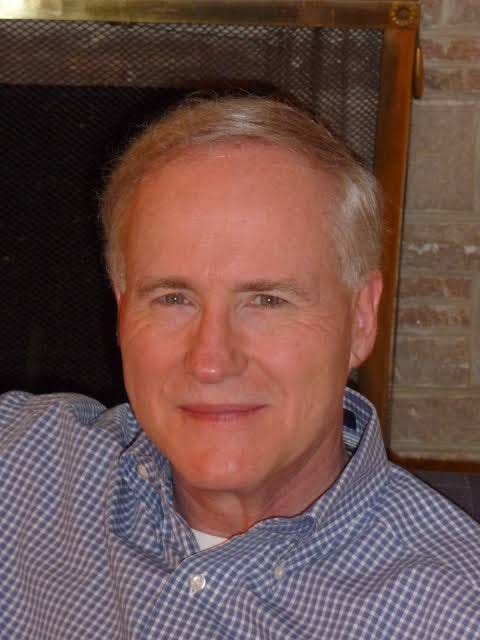12.20.2024
GBH’s Boston Public Radio goes nuclear on South Boston pol | Exposed: Desperate bid by local schools to hang onto ed dollars | Massachusetts loses the battle for the future to Virginia | Boston Guardian names Sen. Nick Collins “Person of the Year” |
News tips? Story ideas? Email us at sbvanvoorhis@hotmail.com
Losing to Virginia: World’s first nuclear fusion power plant won’t be built in the Bay State, raising questions about competitiveness
Welcome to the future, invented in Massachusetts and built somewhere else.
Founded by MIT scientists, Commonwealth Fusion Systems announced this week it will build the world’s first nuclear fusion power plant in Virginia after having pioneered the potentially history changing technology here.
Nuclear fusion essentially involves creating a mini sun or star to create a limitless and remarkably clean source of power for homes, shops, offices and factories, and maybe someday even interstellar rocket ships.
It is the stuff of science fiction, yet every day it’s moving closer to reality, with CFS having done groundbreaking research at its headquarters and testing facility at the old Devens army-base-turned-industrial park.
Yet the next step, building an actual fusion plant, a project that will involve billions in construction work? Well, that won’t be happening in Massachusetts.
And if you think this isn’t a judgement on our state’s capacity to handle a multibillion-dollar megaproject that has the potential to transform the world, you’re fooling yourself.
The big win goes to Glenn Youngkin, the Republican governor of a purple southern state.

While CFS noted it looked at a myriad of locations across the country and world, it’s hard not to see an implicit criticism of Massachusetts in the company’s rationale for choosing a 100-acre site in Virginia’s Chesterfield County.
“This is a state and county that knows how to move at the speed of business,” Kristen Cullen, vice president of global policy and public affairs at CFS, told Contrarian Boston.
You can say a lot of things about state and local government in Massachusetts, but moving at the speed of business is not one of them.
Still, the tax deals and other incentives that Virginia and county officials will likely be showering on the project probably didn’t hurt.
CFS’s Cullen wouldn’t put a dollar figure on the package when asked by Contrarian Boston, but didn’t dispute that it could be in the hundreds of millions of dollars.
So where was the Healey administration in all this?
Officials at MassDevelopment, which controls Devens, and other state economic development officials appear to have at least met with CFS.
That said, there were apparently no serious discussions between the company and state officials about building the plant here, according to CFS’s Cullen.
However, not taking the news sitting down was state Sen. Michael Barrett.
Chair of the Legislature’s Telecommunications, Utilities, and Energy Committee, Barrett pointed to new state legislation that gives crucial advantages to nuclear fusion projects.
And the new climate bill, just passed last month, is also designed to dramatically speed up the permitting and approval process for the build out of the state’s electric grid and for clean energy projects.
“It seems a little bit like a slap in the face,” the Lexington Democrat told Contrarian Boston of CFS’s decision to build its plant in Virginia.
Disparate treatment: Hosts of GBH’s Boston Public Radio grill South Boston senator, even as they skip tough questioning of Boston’s progressive mayor



